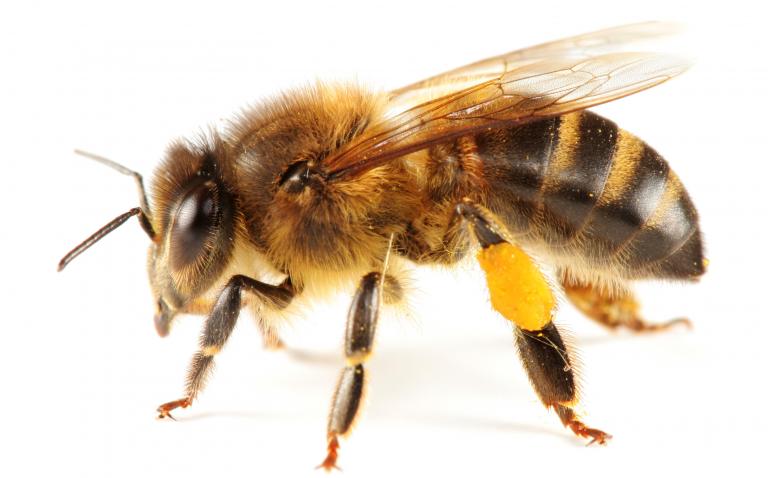Australian researchers have successfully completed a trial on a vaccine designed to eliminate the risk of a severe allergic reaction to European honeybee stings.
The clinical trial at Flinders University and the Royal Adelaide Hospital included 27 adults with a history of allergic reactions to bee stings.
The vaccine used in the trial contained a unique sugar-based ingredient called an adjuvant, developed in Australia, which is designed to help the body neutralise the bee venom at a faster rate.
Professor Nikolai Petrovsky says the adjuvant used to enhance the bee sting vaccines has now been successfully given to over a thousand individuals across a range of different vaccines including in the current bee sting allergy trial.
“Our technology is like adding a turbocharger to a car and in this case makes the bee allergy vaccine much more powerful, allowing the immune system to better neutralise the bee venom and prevent allergic symptoms,” says Professor Petrovsky.
Associate Professor Robert Heddle, lead investigator in the trial, says the aim was to see if the Advax adjuvant would safely speed up and improve bee sting immunotherapy.
“The results of the study were very promising and confirmed the safety of this approach to improving bee sting immunotherapy.”
Dr Anthony Smith, an investigator in the trial, says while a commercial bee venom therapy is already available, it requires patients to have over 50 injections over a 3 year period to build up their immune system.
“The current treatment option for serious bee venom allergies is lengthy and cumbersome, so I hope this enhanced bee venom therapy brings about faster, but longer lasting protection to bee stings for allergic individuals.”
Reference
Heddle R et al. Randomized controlled trial demonstrating the benefits of delta inulin adjuvanted immunotherapy in patients with bee venom allergy. J Allergy Clin Immunol 2019;DOI:10.1016/j.jaci.2019.03.035










